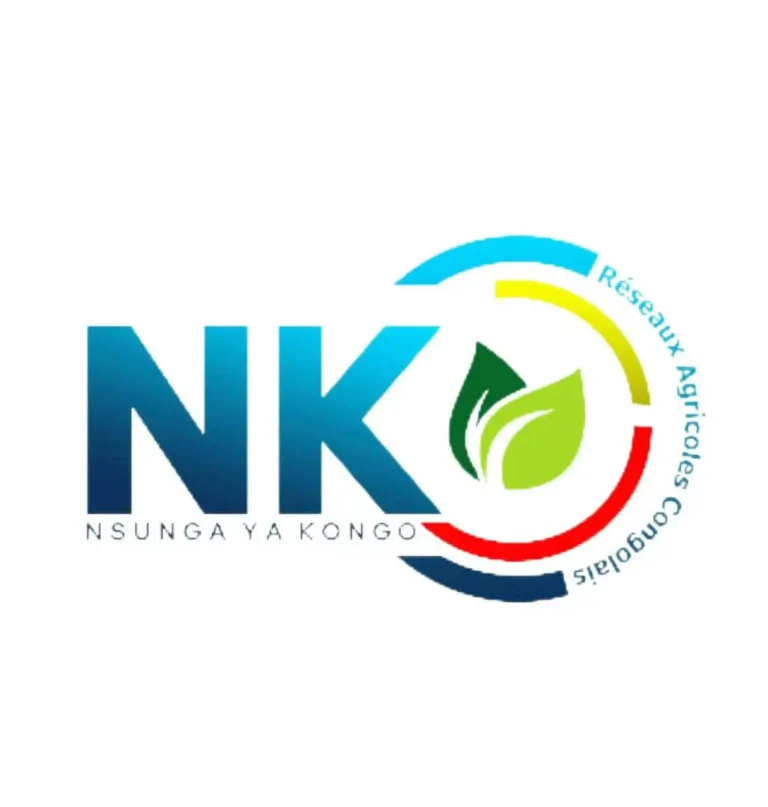what are the benifits for Distributors in agriculture Distributors
Distributors play a crucial role in the agricultural supply chain, connecting producers with consumers or end-users by efficiently managing the flow of goods. Here are some benefits for distributors in agriculture:
- Market Access: Distributors have access to a wide network of buyers, including retailers, wholesalers, food service providers, and industrial customers. This network allows them to reach diverse markets and cater to various customer segments.
- Efficient Logistics: Distributors specialize in managing transportation, warehousing, and inventory management, optimizing the movement of agricultural products from producers to consumers. Efficient logistics reduce lead times, minimize storage costs, and ensure timely delivery to customers.
- Risk Mitigation: Distributors help mitigate risks for both producers and buyers by providing a buffer against market fluctuations, supply chain disruptions, or seasonal variability in production. Distributors can maintain adequate inventory levels to meet demand fluctuations and smooth out supply imbalances.
- Market Intelligence: Distributors gather market intelligence on consumer preferences, trends, and demand patterns, providing valuable insights to producers for product development, marketing strategies, and pricing decisions. Market intelligence helps align production with market demand, reducing the risk of oversupply or undersupply.
- Value-Added Services: Distributors may offer value-added services such as packaging, labeling, quality control, or product customization to meet the specific requirements of customers or end-users. Value-added services enhance customer satisfaction and differentiation in the market.
- Channel Expansion: Distributors facilitate the expansion of sales channels for producers by tapping into new geographic markets or distribution channels. Distributors may have established relationships with retailers, food service providers, or export markets, enabling producers to access new customers and market segments.
- Brand Representation: Distributors act as ambassadors for producer brands, representing their products to customers and end-users through marketing, promotions, and sales activities. Strong relationships between distributors and producers enhance brand visibility, awareness, and loyalty in the market.
- Financial Flexibility: Distributors provide financial flexibility to producers by offering flexible payment terms, credit facilities, or financing options. This enables producers to manage cash flow, invest in production, or expand their operations without upfront capital requirements.
- Regulatory Compliance: Distributors ensure regulatory compliance throughout the supply chain, including food safety standards, labeling requirements, and transportation regulations. Compliance with regulations reduces the risk of legal issues, product recalls, or reputational damage for both producers and distributors.
- Collaborative Partnerships: Distributors often collaborate closely with producers to develop tailored solutions, optimize supply chain efficiency, and drive mutual growth. Collaborative partnerships foster trust, transparency, and long-term relationships between producers and distributors.
Overall, distributors play a vital role in the agricultural value chain, facilitating the efficient movement of products from farm to fork while providing value-added services, market insights, and risk management capabilities to producers and customers alike.







